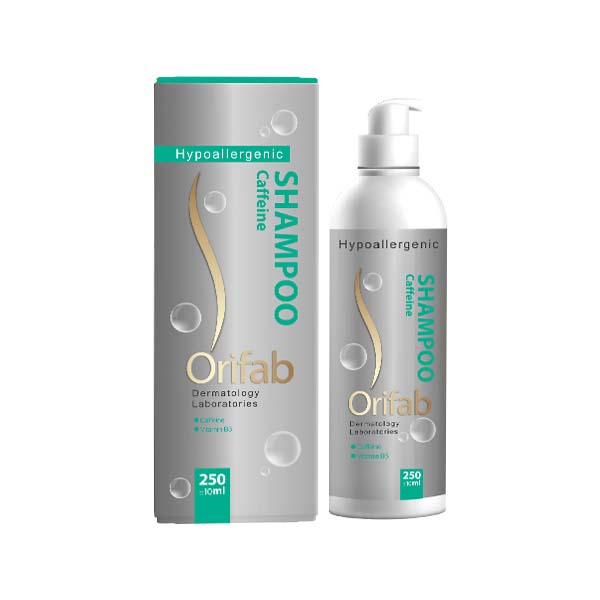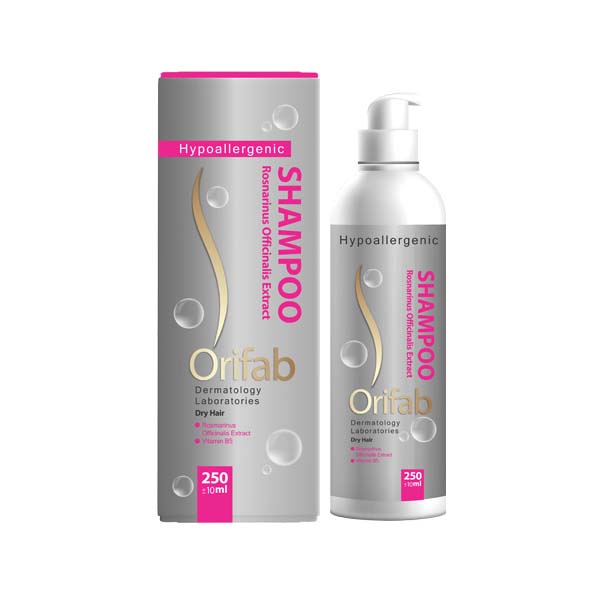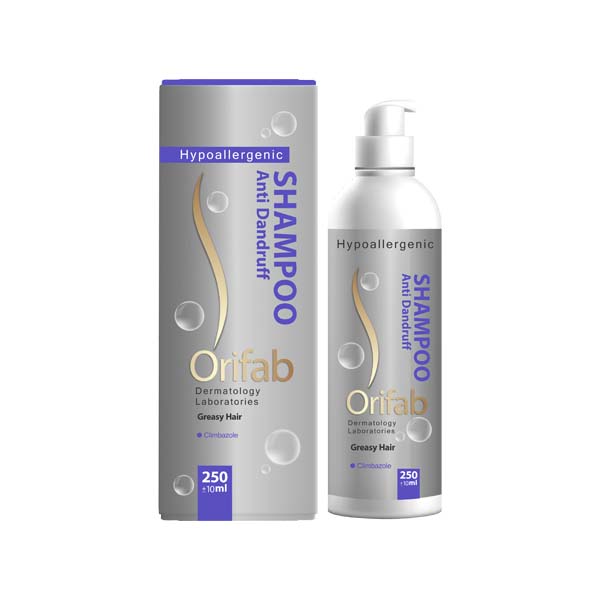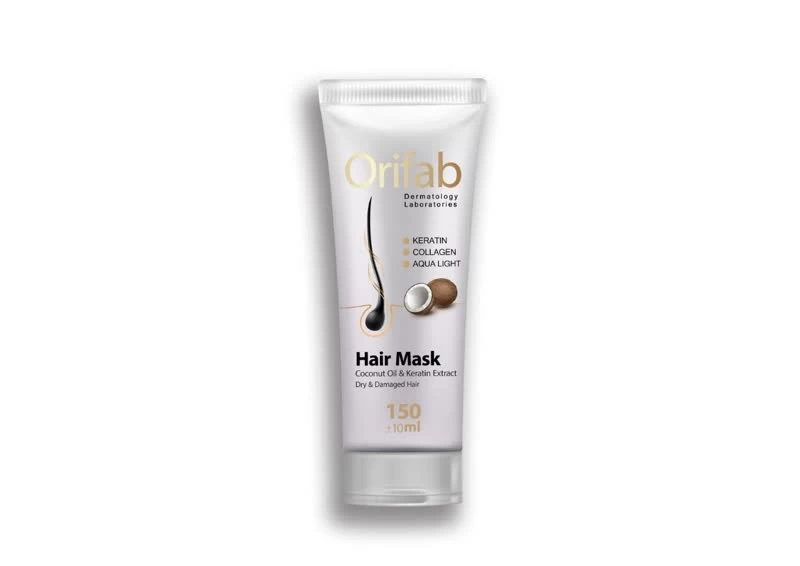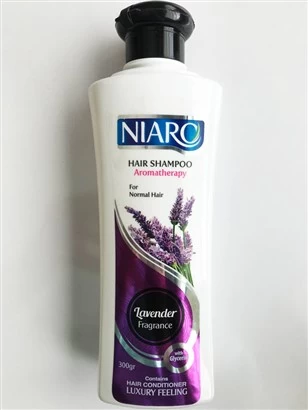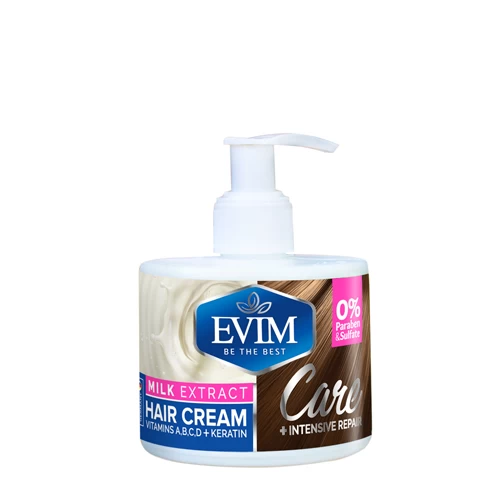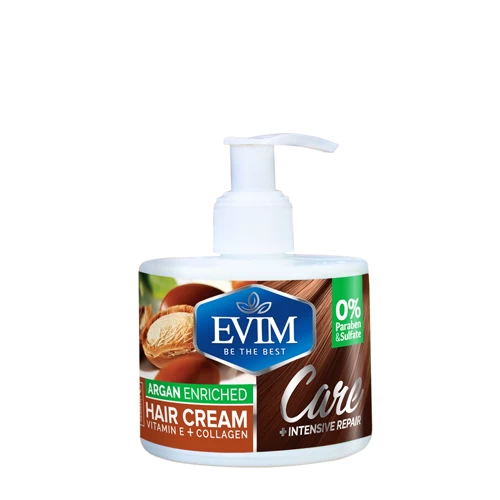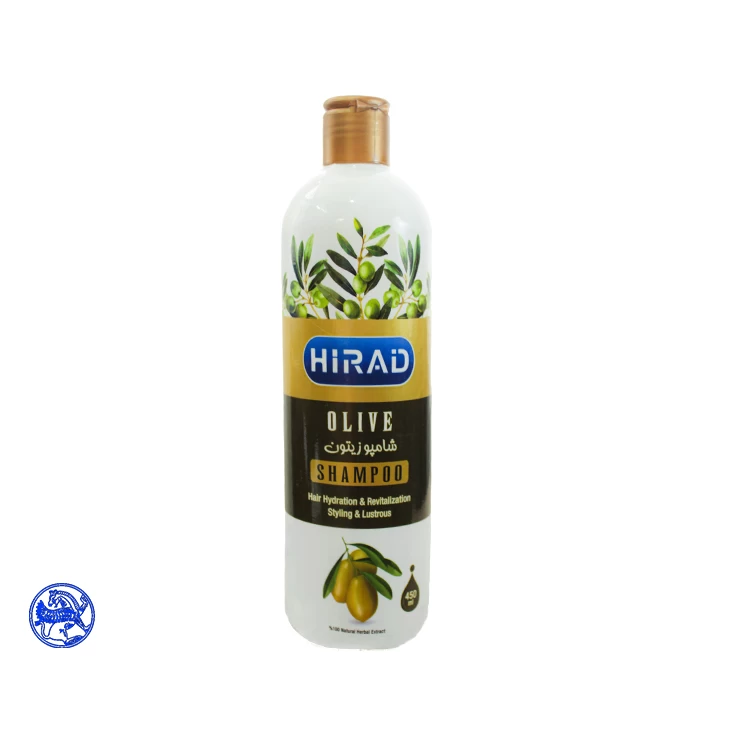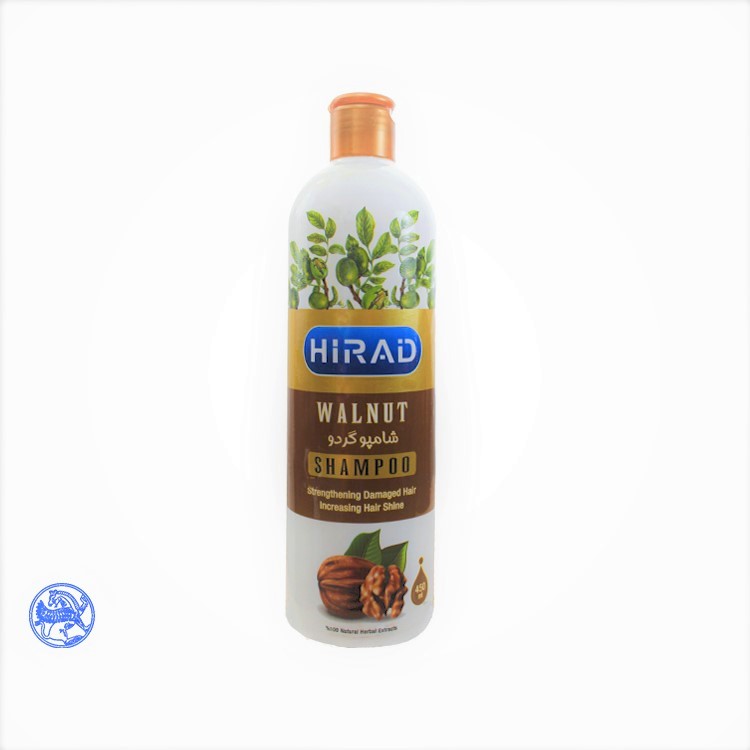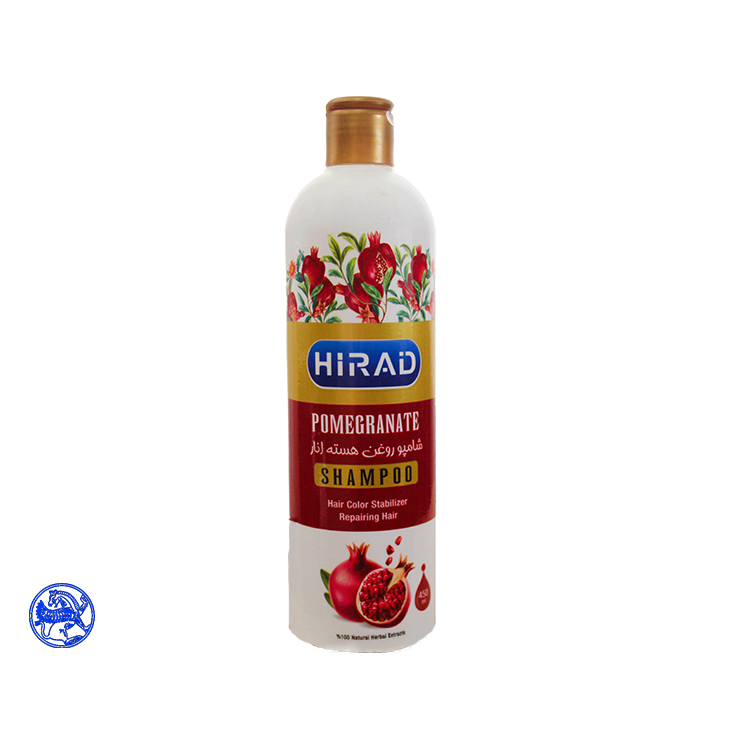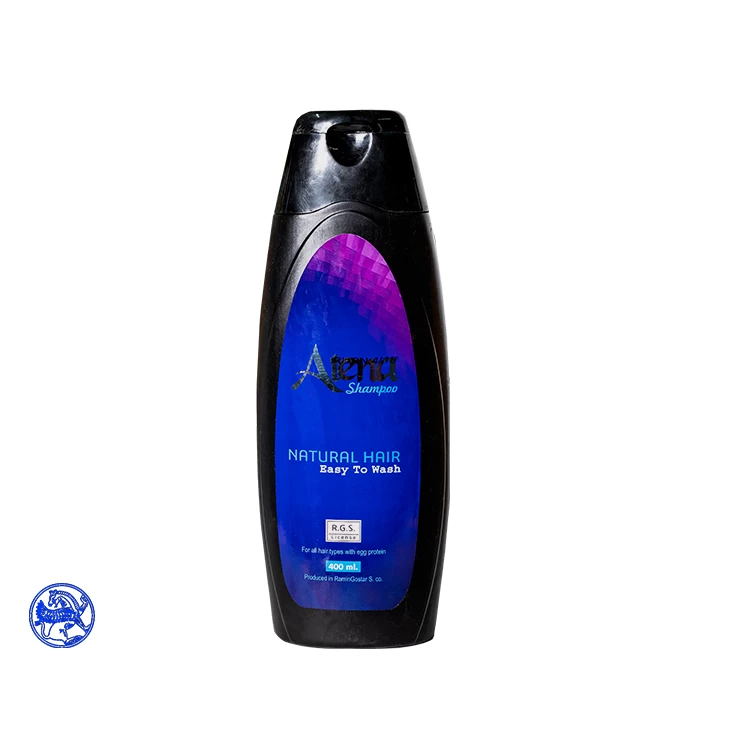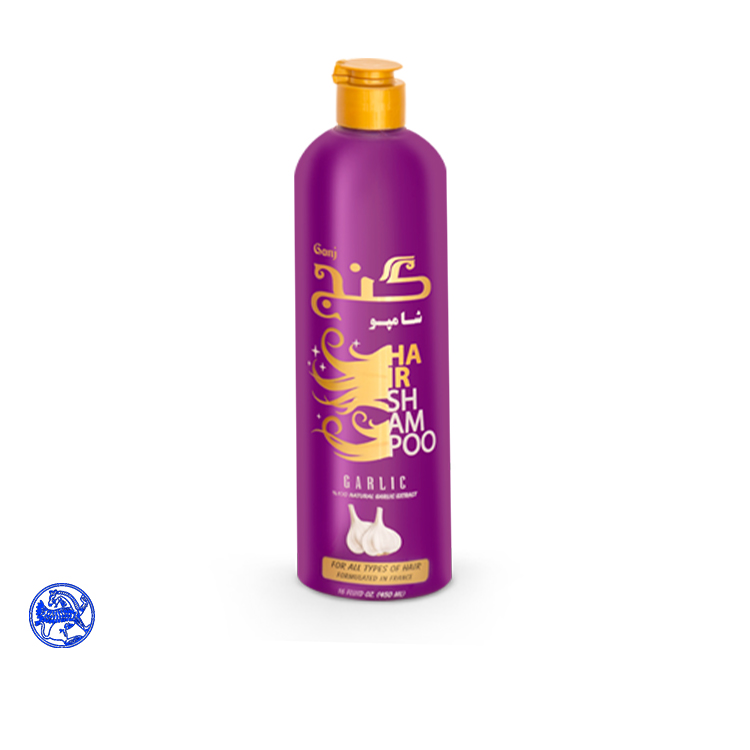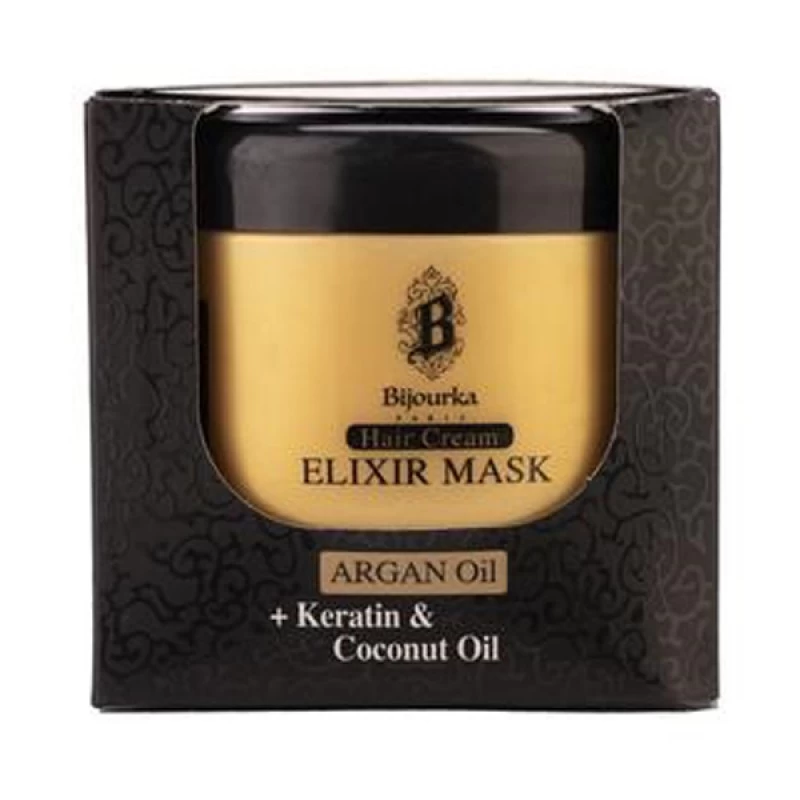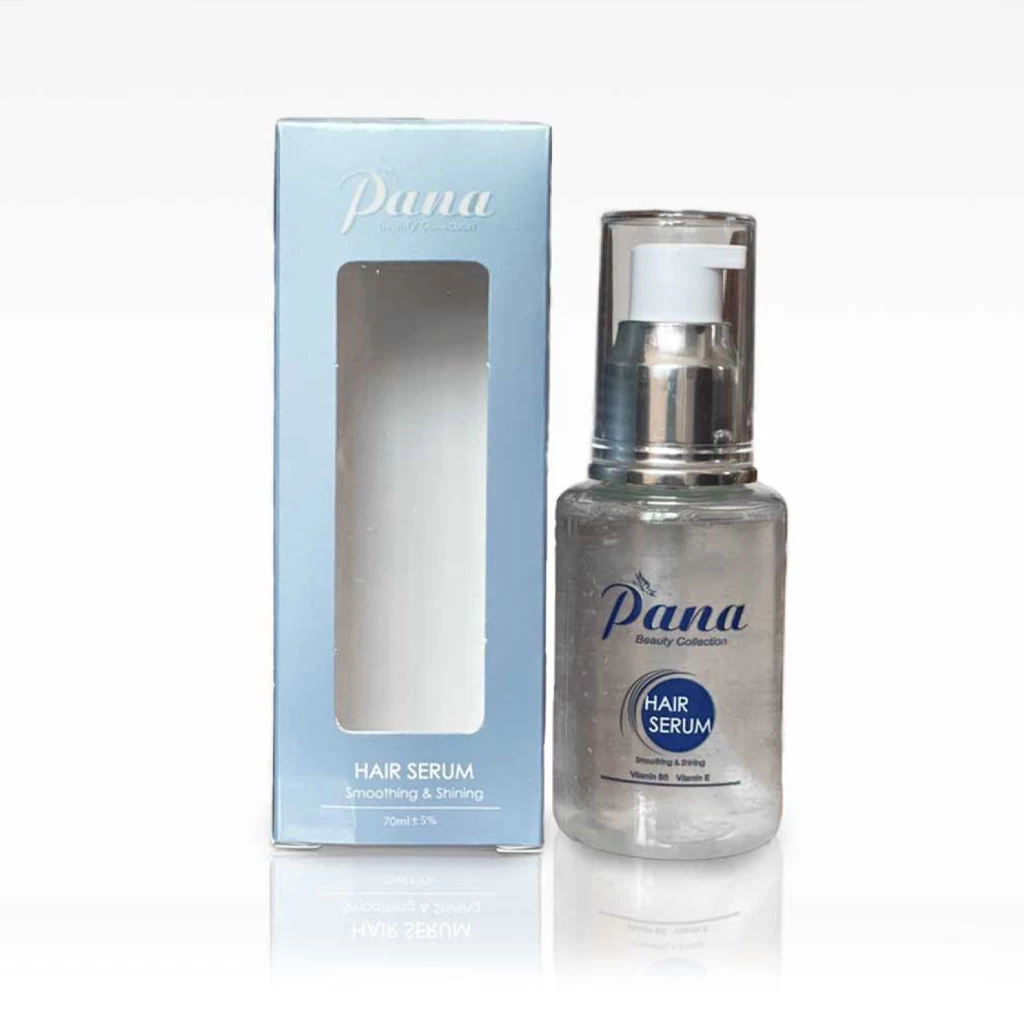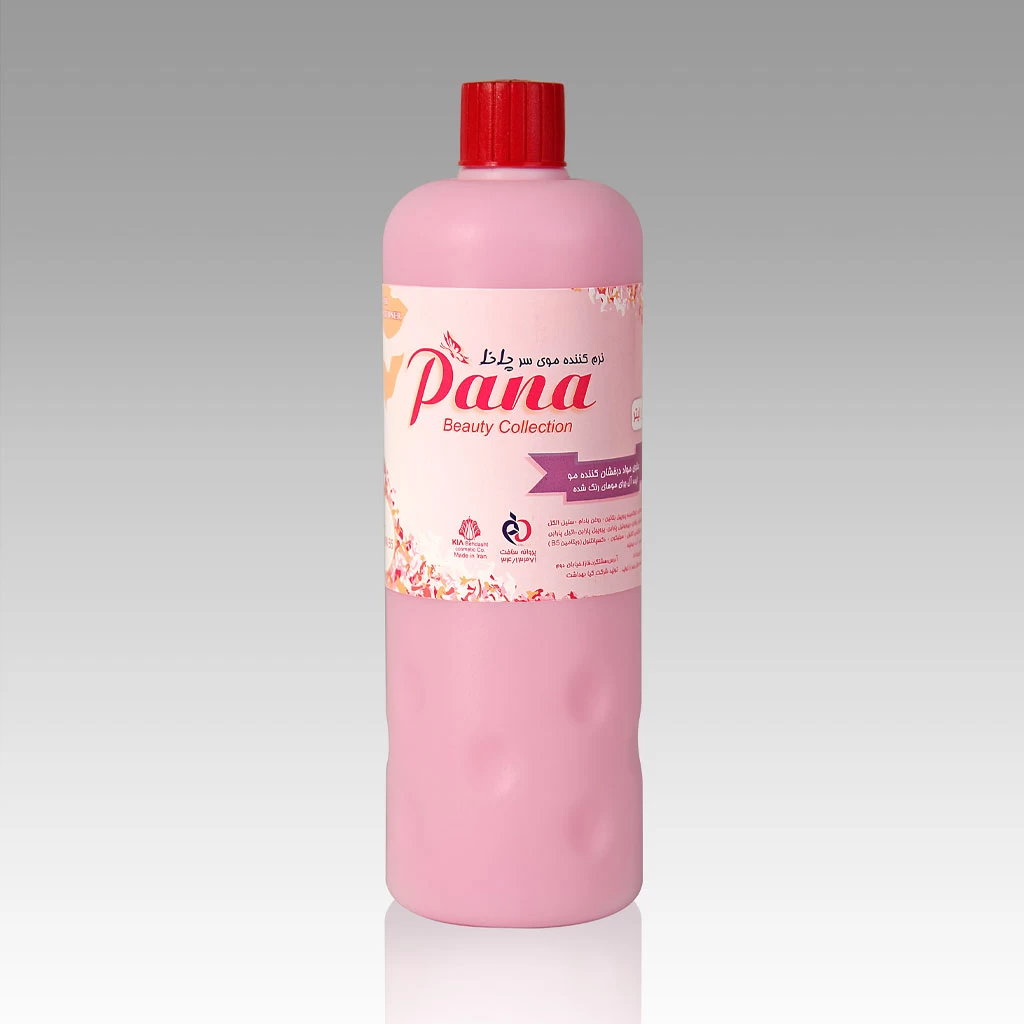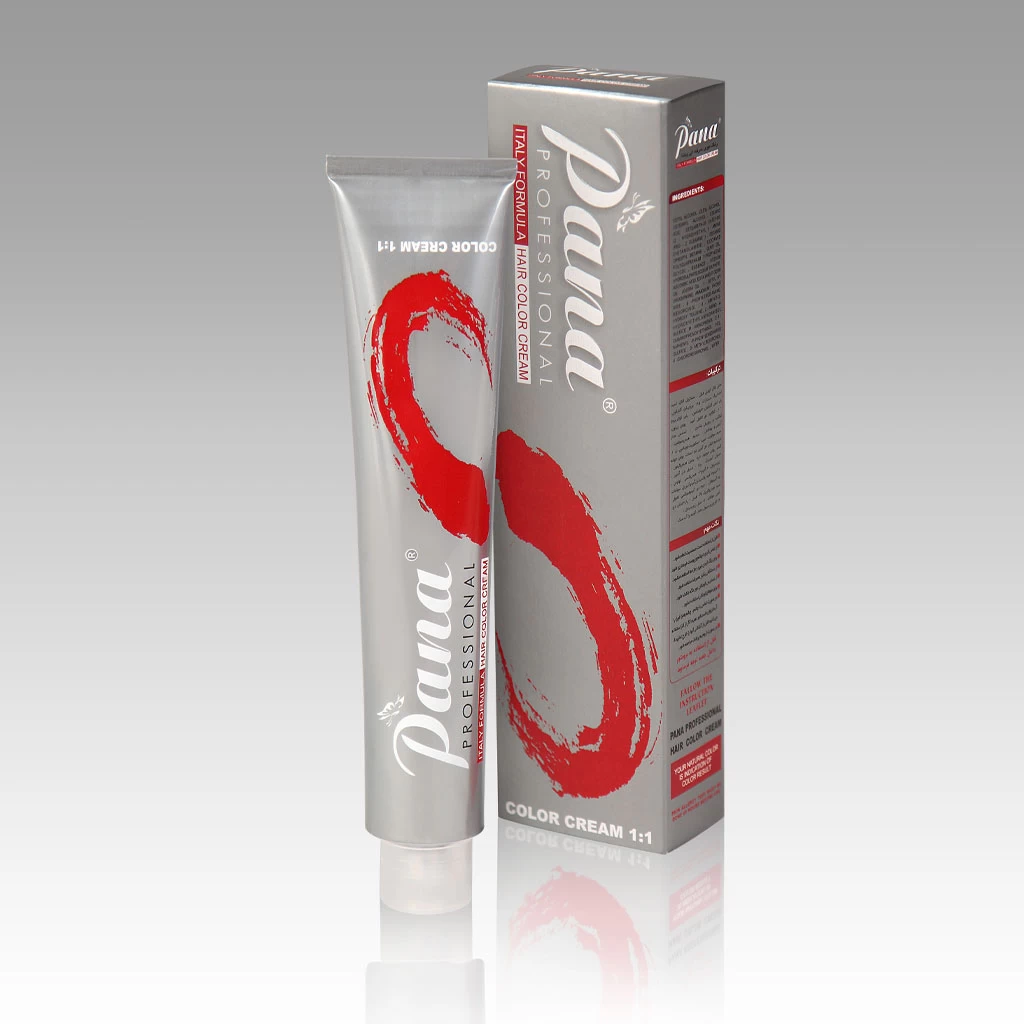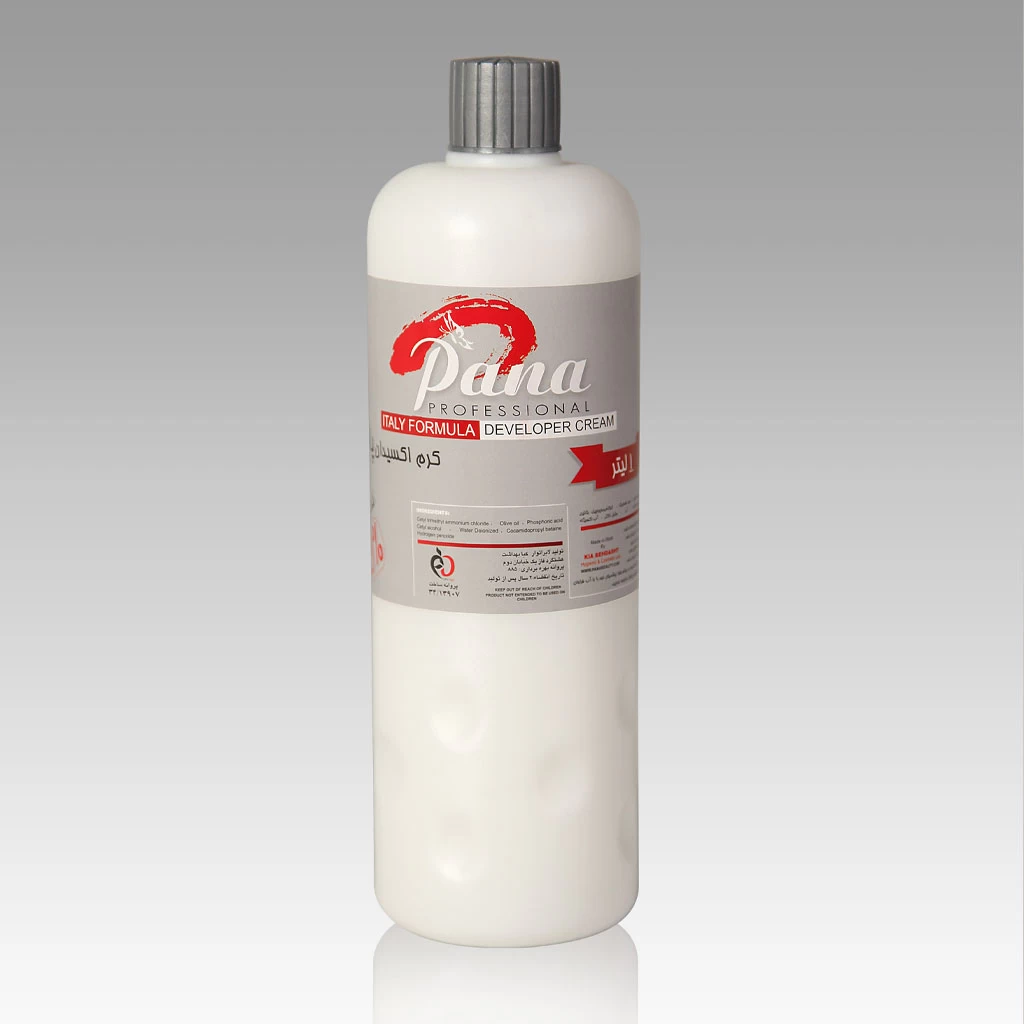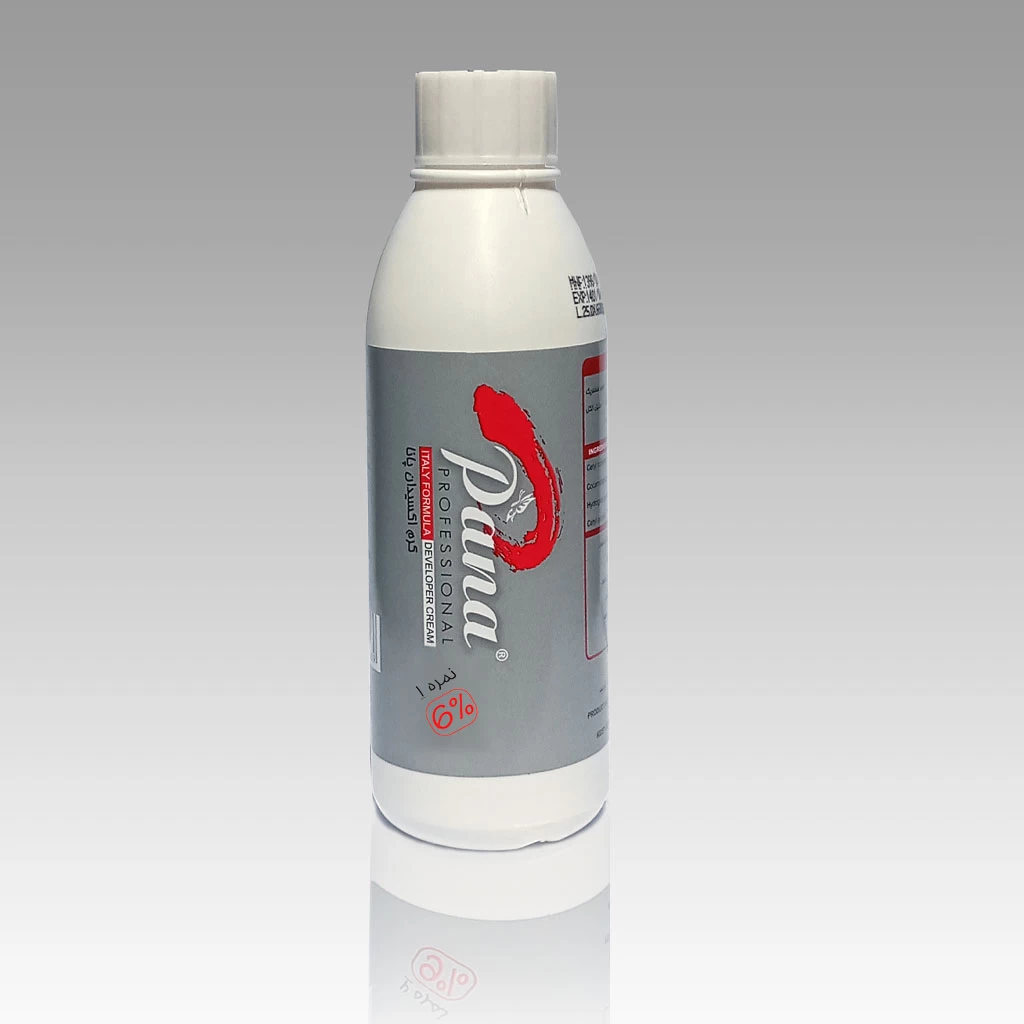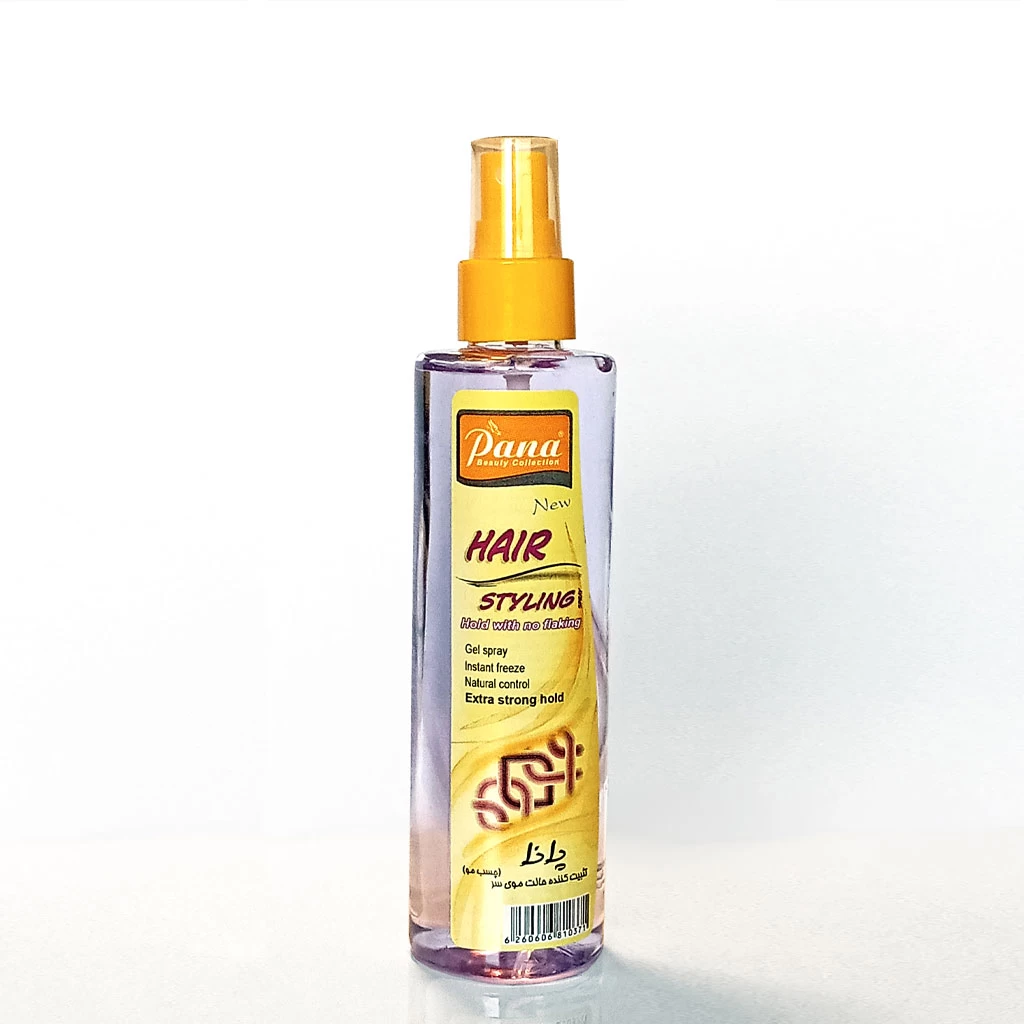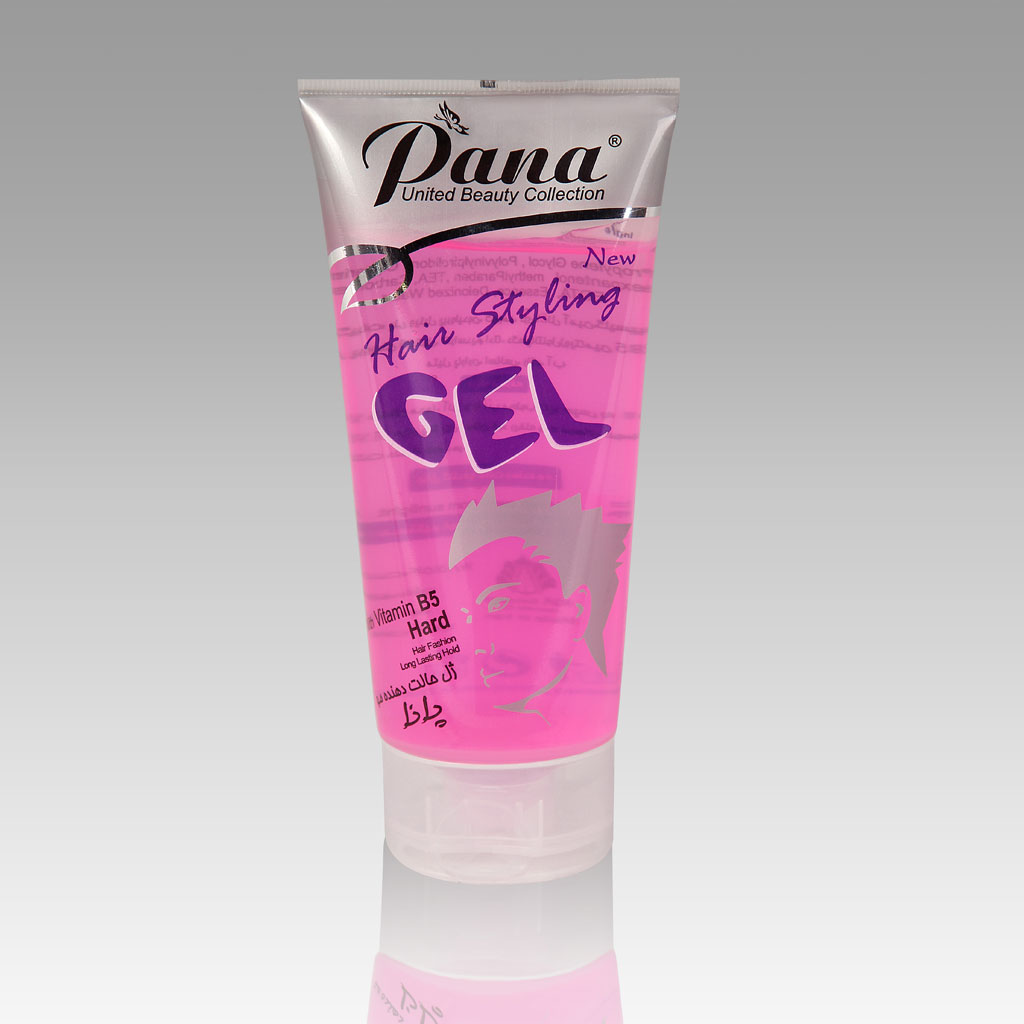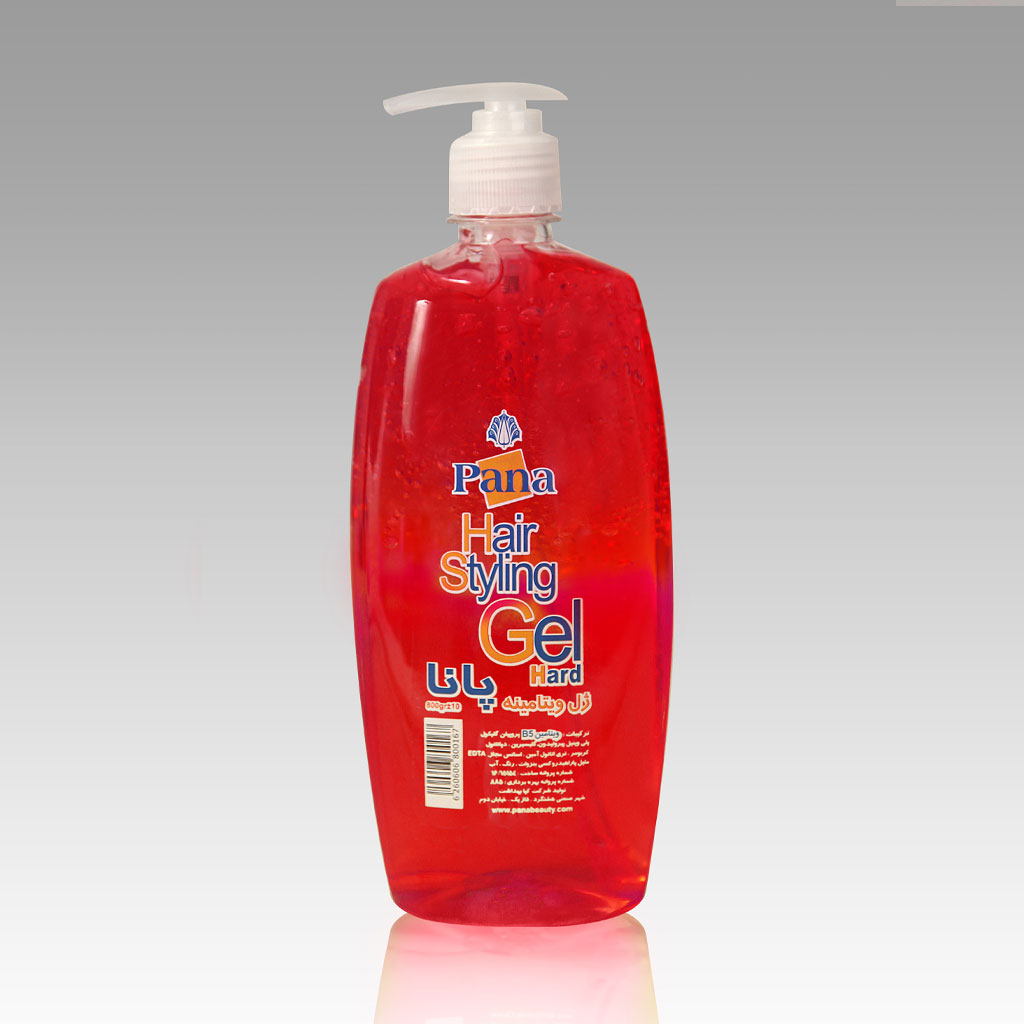Hair Care & Styling
Haircare products play a crucial role in maintaining healthy and vibrant hair. Shampoos cleanse the scalp and hair, while conditioners help with moisture and manageability. Styling products like hair sprays, gels, and serums offer versatility in creating different looks. It's essential to choose products suitable for your hair type and concerns to achieve the best results. Regular trims, a balanced diet, and proper hydration also contribute to overall hair health.
Haircare products encompass a variety of items designed to clean, condition, and style hair. This includes:
1. Shampoo:Cleanses the scalp and hair, removing dirt and excess oil.
2. Conditioner: Moisturizes and detangles hair, improving manageability and preventing damage.
3. Hair Masks: Deep conditioning treatments for intense hydration and repair.
4. Styling Products:Such as hair sprays, gels, mousses, and serums, for shaping and holding hairstyles.
5. Heat Protectants:Applied before using heat styling tools to minimize damage.
6. Hair Oils:Nourish and add shine to the hair.
7. Dry Shampoo:Absorbs oil and refreshes hair between washes.
8. Leave-in Conditioner:Provides additional moisture without rinsing.
9. Hair Color Products:For dyeing or maintaining color.
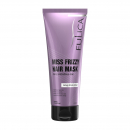
Choosing products tailored to your hair type (oily, dry, curly, straight) and specific needs (volume, hydration, repair) is crucial for optimal results. Regular use of quality products, along with a healthy lifestyle, contributes to overall hair well-being.
many haircare products contain chemical ingredients. These chemicals serve various purposes, such as cleansing, conditioning, styling, and preserving the product. Common chemicals found in haircare products include surfactants in shampoos for cleansing, emollients in conditioners for smoothness, and polymers in styling products for hold.
However, there is a growing market for natural or organic haircare products that use plant-based ingredients and avoid certain chemicals. It's essential to read product labels to understand the ingredients and choose products that align with your preferences and any specific hair concerns you may have.
Haircare products are generally not classified as bath supplies. While they are often used during a shower or bath routine, bath supplies typically refer to items specifically used for bathing, such as soaps, shower gels, bath salts, and sponges.
Haircare products, including shampoos, conditioners, and styling products, are specifically formulated for hair care rather than overall body cleansing. However, they are commonly used in conjunction with bath supplies as part of a holistic personal care routine.
Haircare products are manufactured using a variety of machinery in cosmetic production facilities. The specific machinery involved depends on the type of product being made. Some common types of machinery used in the production of haircare products include:
1. Mixers and Blenders: Used to mix and blend ingredients thoroughly, ensuring a homogenous product.
2. Emulsifying Equipment:Essential for creating stable emulsions in products like creams and lotions.
3. Filling Machines:Fill containers with the final product in a precise and efficient manner.
4. Packaging Machinery: For labeling, capping, and packaging the final products.
5. Quality Control Equipment: Ensures products meet safety and quality standards.
The production process may involve multiple steps, including formulation, mixing, heating, cooling, and packaging. Each step requires different types of machinery to achieve the desired product consistency and quality.
Haircare products don't have a direct role in apparel, as they are primarily designed for hair care and styling. However, well-maintained hair can complement one's overall appearance and style, enhancing the overall aesthetic when paired with apparel.
In the fashion and beauty industry, there's often a synergy between haircare and apparel. Fashion designers and stylists may collaborate to create cohesive looks, considering hairstyles that complement the clothing. Additionally, runway shows, photoshoots, and beauty campaigns may incorporate specific hairstyles to enhance the overall fashion presentation.
While haircare and apparel are distinct categories, they can intersect in the broader context of personal grooming and styling, contributing to an individual's overall fashion and self-expression.
To improve hair quality, consider incorporating the following practices into your haircare routine:
1. Regular Trimming:Regular trims help prevent split ends and maintain healthier hair.
2. Gentle Washing: Use a mild shampoo suitable for your hair type and avoid washing too frequently, as overwashing can strip natural oils.
3. Proper Conditioning: Use a quality conditioner to moisturize and detangle hair, focusing on the ends.
4. Avoid Heat Damage:Limit the use of heat styling tools, and when used, apply a heat protectant to minimize damage.
5. Balanced Diet:Eat a nutrient-rich diet with proteins, vitamins, and minerals that support hair health.
6. Hydration: Drink enough water to keep your body and hair adequately hydrated.
7. Avoid Harsh Chemicals: Choose haircare products with fewer harsh chemicals, and be mindful of hair dye and other treatments.
8. Protect from UV Rays: Shield your hair from the sun to prevent damage from UV rays.
9. Use a Wide-Tooth Comb:Minimize breakage by detangling wet hair with a wide-tooth comb.
10. Deep Conditioning:Periodically use deep conditioning treatments or hair masks to nourish and repair.
Remember that individual hair types may require different approaches, so tailor your routine to your specific needs. Consistency is key to achieving and maintaining improved hair quality.
Including a variety of nutrient-rich foods in your diet can promote healthy hair. Consider adding the following foods that are beneficial for hair health:
1. Protein:Essential for hair growth. Include lean meats, fish, eggs, dairy products, legumes, and nuts.
2. Omega-3 Fatty Acids:Found in fatty fish (salmon, mackerel), flaxseeds, chia seeds, and walnuts. Supports scalp health.
3. Vitamins A and C: Found in sweet potatoes, carrots, spinach, kale, and citrus fruits. Important for sebum production and collagen formation.
4. Iron: Present in red meat, poultry, fish, lentils, and spinach. Helps prevent hair loss.
5. Zinc:Found in nuts, seeds, whole grains, and legumes. Supports hair growth and repair.
6. Biotin:Present in eggs, nuts, seeds, and sweet potatoes. Aids in hair strength and growth.
7. Vitamin E: Found in almonds, sunflower seeds, and spinach. Promotes healthy hair and scalp.
8. Copper:Present in nuts, seeds, whole grains, and seafood. Contributes to hair pigmentation.
9. Silica: Found in green beans, cucumbers, and strawberries. Supports hair elasticity.
10. Collagen: Present in bone broth, fish, and chicken. Contributes to hair strength.
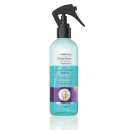
A balanced and varied diet, along with proper hydration, supports overall health, including the health of your hair.
Basic haircare products include essential items for cleaning, conditioning, and styling your hair. These typically include:
1. Shampoo:Cleanses the scalp and hair by removing dirt, oil, and product buildup.
2. Conditioner:Hydrates and detangles hair, making it smoother and more manageable.
3. Comb or Brush:Used to detangle and style hair. A wide-tooth comb is gentler, especially on wet hair.
4. Hair Dryer: Helps dry hair after washing. Use on a lower heat setting to minimize damage.
5. Hair Towel or Turban:Absorbs excess water without causing friction, reducing the risk of breakage.
6. Heat Protectant:Applied before using heat styling tools to minimize damage from high temperatures.
7. Hair Ties or Clips:Used to secure hair in various styles and prevent breakage.
8. Styling Products:Such as hair sprays, gels, mousses, or serums for shaping and holding hairstyles.
These basics form the foundation of a good haircare routine. Depending on your hair type and specific needs, you might incorporate additional products like hair masks, oils, or specialized treatments.
2. Conditioner: Moisturizes and detangles hair, improving manageability and preventing damage.

To improve hair quality, consider incorporating the following practices into your haircare routine:
Including a variety of nutrient-rich foods in your diet can promote healthy hair. Consider adding the following foods that are beneficial for hair health:

Basic haircare products include essential items for cleaning, conditioning, and styling your hair. These typically include:
FAQs
What vitamins help hair growth?
Vitamins crucial for hair growth include Biotin, Vitamin A, Vitamin E, and Vitamin D.
What is the most important product for hair?
Shampoo is crucial for cleansing, maintaining a healthy scalp, and setting the foundation for overall hair health.
What makes hair stronger?
Protein-rich foods, proper hydration, regular trims, and avoiding excessive heat styling contribute to stronger hair.
Which products or foods help hair grow faster?
Foods rich in biotin, protein, vitamins A and E, along with using hair growth products containing minoxidil or ketoconazole, can promote faster hair growth.
 +7929688-88-14
+7929688-88-14

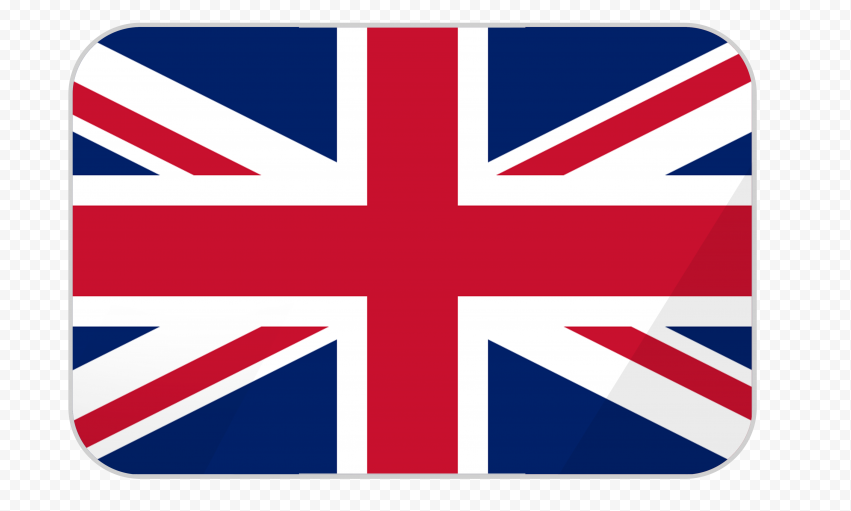 English
English
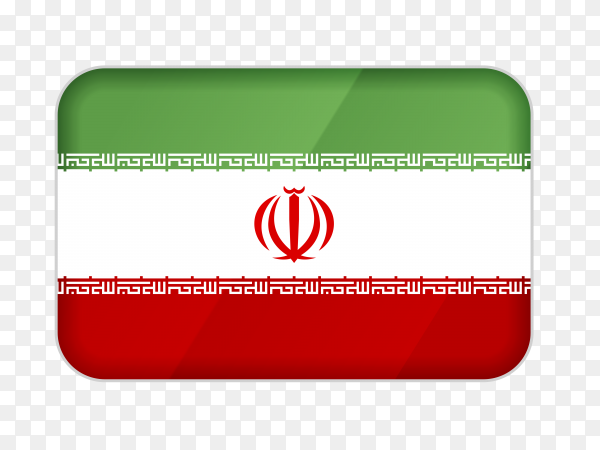 Persian
Persian
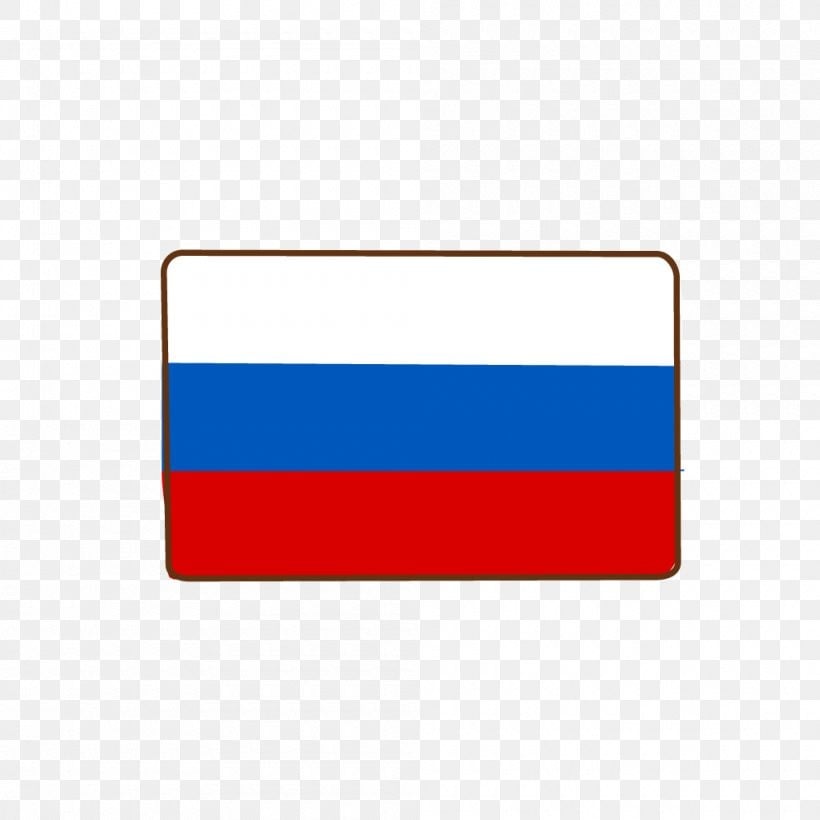 Russian
Russian
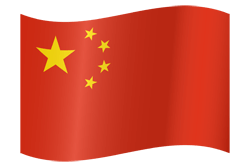 Chinese
Chinese


 +7929688-88-14
+7929688-88-14

